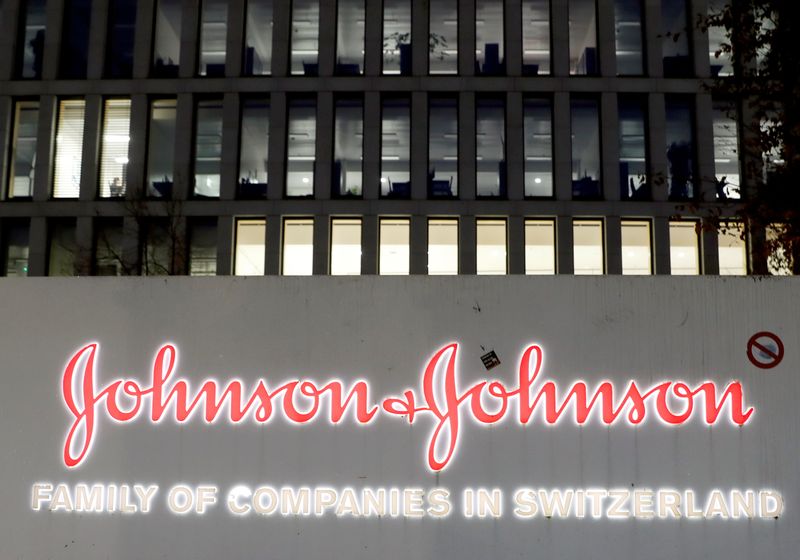(Reuters) -Johnson & Johnson sued the U.S. government on Tuesday, becoming the latest drugmaker seeking to block a program that gives the Medicare government health insurance plan the power to negotiate lower drug prices.
The pharmaceutical industry says the drug price negotiation program under President Joe Biden's signature Inflation Reduction Act law will curtail profits and compel drugmakers to curb development of groundbreaking new treatments.
With Americans paying more for prescription medicines than any other country, the Biden administration hopes to save $25 billion annually by 2031 by having Medicare negotiate prices for some of the costliest medicines used by its beneficiaries, who are 65 and older.
U.S. drugmakers Bristol Myers (NYSE:BMY) Squibb and Merck & Co as well as the U.S. Chamber of Commerce and the industry lobby group the Pharmaceutical Research and Manufacturers of America have also sued the government over the plan. The Chamber of Commerce has sought an injunction to stop its implementation.
The U.S. Centers for Medicare and Medicaid Services (CMS) in September is expected to select the first 10 drugs to target for negotiations with settled prices set to take effect in 2026.
"As the Secretary has already made clear, we will vigorously defend the President’s drug price negotiation law, which is already helping to lower health care costs for seniors and people with disabilities. The law is on our side," a spokesperson for the U.S. Department of Health and Human Services said in a statement.
J&J (NYSE:JNJ)'s pharmaceutical unit Janssen filed its complaint in U.S. District Court for the District of New Jersey. It broadly follows the other related lawsuits, arguing that the program is unconstitutional and amounts to "confiscation of constitutionally protected property."

"The government is forcing Janssen to provide its innovative, patented medicines on pricing terms that by law must be significantly below market prices," the company said in a statement.
The lawsuit also argues that the law violates the U.S. Constitution's First Amendment guaranteeing free speech by compelling the company to make statements it believes are false and misleading, including that the prices set under the program are fair.